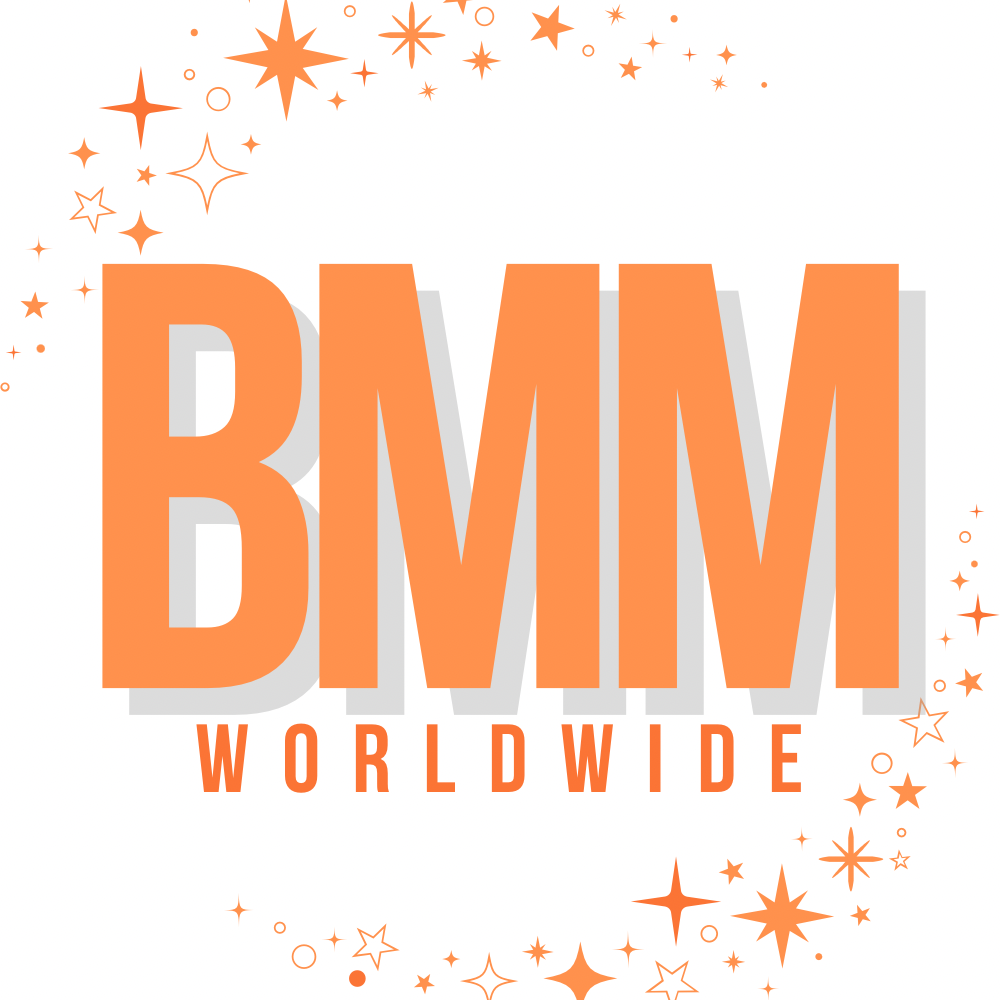“MOVE OVER MARGARET ATWOOD, THIS BOOK FLIPS THE WOMAN SCRIPT. I’ve been waiting for it my whole life.”
Featuring
“the world’s first drive-in book launch” - Publishers Weekly
presents
Should an addict mother of a damaged baby relinquish her child? The Likely World by Melanie Conroy-Goldman tries to answer that question and some others in a bizarro, post-modern coming of age story whose central actor is a fictional drug that generates alternate realities and amnesia. One of the most profound literary antagonists ever saved-to-disk, Cloud detours, manhandles and almost wipes clean Mellie Itzkowitz-Kearns’ search for salvation in dystopian America.
“A woman’s addiction to a short-term memory altering drug is at the center of Conroy-Goldman’s debut. Present and past collide - themes of motherhood and sex clash - a mesmerizing novel unlike anything I’ve read.”
It might seem unthinkable, but you only have to cop once with a small child in tow before it becomes perfectly ordinary, before you find yourself handing over her car seat to your dealer’s eight- year-old daughter so you can eat what you need. It’s a junkie stutter in my love for her, the need for what I eat shorting the connection between my mother feeling and the care I owe her. First the drug, always, and then whatever is left over is for my daughter.
“GRITTY, STREET POSTMODERNISM THAT WILL REWIRE YOUR BRAIN”
“Melanie Conroy-Goldman’s terrific debut novel The Likely World is all of these Mellies and more, shifting back and forth non-chronologically between time frames as whole swaths of Mellie’s memories disappear to the fictional memory-affecting drug. The plot twines around the dark, missing memories that Mellie tugs and tugs at, trying to uncover forgotten and yet looming mysteries that have made her what she is as her past starts to come after the loved people in her present. ”
“Conroy-Goldman’s propulsive debut...themes of motherhood, love, and addiction collide in heartbreaking and dangerous ways...the prose is exquisite..This skillful twist on the addiction narrative is worth a look.”
Set in 1980’s Boston, Conroy-Goldman’s tale begins when Mellie reunites with an eclectic band of sexually liberated, substance abusing teens she knows from Jewish summer camp. Unreliably parented by her New Age maternal incarnation, lonely and aware of the power of other girls, Mellie opts to exchange uncertain ambition for Cloud’s numbing alternative reality. Their group includes Paul, the exquisite half-Chinese Marjorie Morningstar who gets his break in Siberia, runs afoul of the director in New York but will do anything for celebrity. By 2008 they’re a struggling Cloud-addled couple living in LA, all but indentured to Lew, the fatherly, failed Russian smut distributor turned would-be producer of viral, AI-generated, celebrity deep fakes. Things go from pathetic to perverse, when Lew bets the farm on Mellie’s coding and Paul’s star turn. Was Marjorie Morningstar’s dad really any better?
“I don’t know if you’ll ever read a literary novel like The Likely World this or any other year. It’s groovy, badass smart, and totally trippy, but also full of heartache and longing and the woundings of love. This novel absolutely sparkles with brightness and life.
”
In the tinted window, my own mad face and shoeless feet regard me, the gaping door of my suburban home behind. The driver might be no one, a stranger making a U-turn or one of the bit player scumbags who accrue at the edges of lives like mine, but it doesn’t feel like happenstance. Every flash and movement feels freighted with significance. You are here. You have come for me. You’re back.
“EQUAL PARTS BRAINY LIT AND GUT-BUCKET PULP”
For anyone locked down and searching for a way out, Conroy-Goldman’s tale is a survival manual. Spawned by the Hippies, the unsupervised, unnamed generation of weaned-on-wheatgrass whatevers was so narcotized and disassociated by the 90’s, so twisted for lack of care and inured to the dismembered society into which they emerged, they finally called them “X” and looked away. Until Mellie detonated and they couldn’t.
Or to quote super agent, author and recovering addict Bill Clegg who introduced BMM to Melanie’s book by email - “it’s a real doozy.” And it was the manuscript’s eerie resonance and literary significance that turned his head:
“Not since Dylar in Don Delillo’s White Noise or Phillip K. Dick’s Chew-Z have I met a fictional drug that so shrewdly conjures what’s unsettling about life today, the mental ecosystems that we trap ourselves inside and their singular cost the way that Melanie does in these pages.”
So with those endorsements and the book’s searing relevance, you can imagine why we’re excited about bringing it to the widest possible attention. And that brings us to the subject of design.
SuBMIT
Expressing a new work of literature in visual form helps us engage the kaleidoscope of different readers that might purchase it. This is especially important with a debut novel. Prioritizing the reader segments isn’t always obvious, so we’d love your input.
Below are the design studies for The Likely World’s publicity campaign. We’ve given each one a name that refers to the group of readers the image is supposed to engage. Each image features one of the blurbs the book received from Peter Ho Davies, Mary Gaitskill, Chang-rae Lee and Lidia Yuknavitch.
Read the first chapter here to get a sense of Melanie’s writing.
Select an image below to expand it.
Tell us the ones you think best capture the book’s essence.
If the exercise turns you on and you’d like to continue helping us launch the book, please leave us your email and we’ll follow-up.
You might qualify for a free ARC.
Press release


















